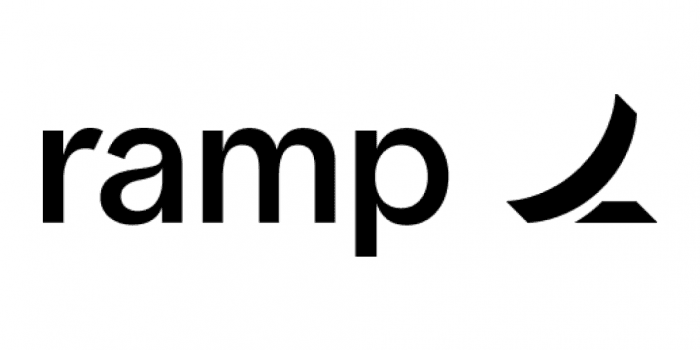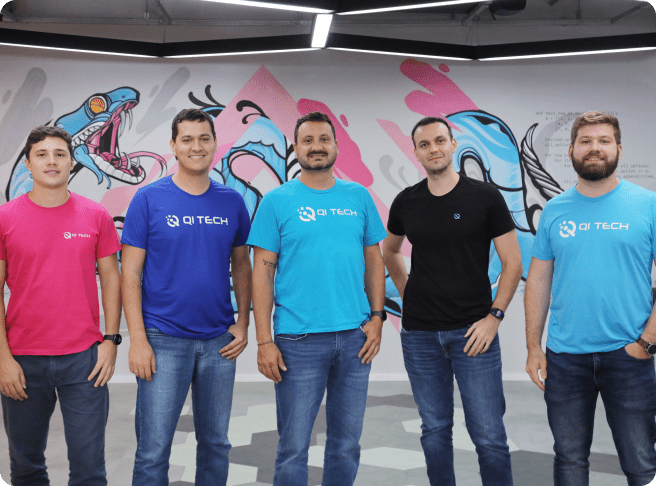The headline news is simple enough: Mexico City–based Kapital says it has doubled its valuation to $1.3bn on an up-to-$100m Series C, and it is already profitable. But the more interesting story is how a self-described “AI bank” is knitting together software, a hard-won banking licence and a string of acquisitions in a still-concentrated financial system—and what that means for risk, returns and regulation.
Table of Contents
ToggleWhat just happened
Kapital closed a new round led by Tribe Capital and co-led by Pelion Ventures, with participation from Y Combinator, Marbruck Ventures and True Arrow. A law-firm note pegs the equity cheque at $86m; the company frames it as “up to $100m”, implying remaining headroom for later closes. Either way, the post-money lands at ~$1.3bn. Management says the business is already profitable.
Beyond the headline valuation, the company’s press materials add two hard numbers worth testing over time: ~300,000 customers across the US, Mexico and Colombia, and a $3bn balance sheet—figures that, if sustained and conservatively funded, begin to look like a mid-tier Mexican bank rather than a lightweight fintech.
The strategy in one line: own the rails you optimise
Unlike many spend-management or card-led peers, Kapital decided early to become a regulated bank. In 2023 it bought Banco Autofin México, sidestepping the long queue for a de-novo licence and inheriting the regulatory permissions to hold deposits and intermediate credit. That licence is the fulcrum on which the software story turns.
The second leg is M&A: in August 2025, Kapital agreed to acquire Intercam’s brokerage, asset-management and operational banking assets—a transaction complicated by the fact that Intercam was among three Mexican financial institutions flagged by the US Treasury in June as “primary money laundering concerns” under new fentanyl sanctions. Mexican authorities publicly complained that Washington hadn’t provided sufficient evidence; they later intervened to stabilize the targeted firms. For Kapital, closing the deal will be as much about credibly industrialising compliance as it is about distribution and fee revenue.
There is also a cross-border twist: Reuters notes Kapital is headquartered in Mexico but incorporated in Delaware, a structure that often eases investor governance and, later, capital-markets optionality.

So where does the “AI bank” live in the P&L?
Strip away the marketing and the claim resolves into specific workflows. In an interview earlier this year, co-founder and CFO Fernando Sandoval described LLM-driven financial automation—recurring-payment detection, anomaly spotting in payables, monthly health reports—and risk/AML systems that sit on top of a proprietary data layer. The commercial logic is straightforward: charge a subscription for a real-time SME operating dashboard, then cross-sell working-capital credit, treasury, cards and FX—with underwriting and monitoring tuned by that data exhaust.
If this comp feels familiar, think Brex or Ramp’s software economics—but latAm-specific, where a banking licence materially lowers dependency risk and improves funding flexibility. That matters in 2025’s Mexico: the Banxico policy rate has fallen to 7.75% after a year of cuts, which narrows yields but also allows banks to compete for deposits without overpaying; a regulated balance sheet gives Kapital levers (deposit beta, term structure) that pure fintechs lack.
The market context: big gap, real frictions
Mexico’s credit system is still concentrated, and SMEs punch below their economic weight in access to finance. OECD and Mexican sources repeatedly highlight the SME finance gap; one recent review puts private-sector credit at roughly the mid-30s % of GDP, well below the LatAm median. In short: there is room to lend, but the frictions—informality, thin files, legal enforcement—are real.
SMEs, meanwhile, are the economy’s workhorse—~99–100% of firms and roughly two-thirds of formal employment—but remain under-digitised, which makes “OS-for-SME-finance” propositions inherently sticky if they truly reduce cash-flow volatility. That is the heart of Kapital’s bet.
Regulation is the other structural variable. Mexico’s pioneering 2018 fintech law has not been substantially refreshed; regulators remain resource-constrained. That makes “regulatory-first” M&A (Autofin, Intercam) both a moat and a test: consolidation brings scale, but it also imports legacy risks.
Signal amid the unicorn noise
It is tempting to take the company’s description—“Latin America’s first AI unicorn”—at face value. It shouldn’t be. Chile’s NotCo, a food-tech company built around an AI formulation engine, has been a well-documented Latin American AI-enabled unicorn since 2021. The better reading: Kapital may be among the first bank-licenced, AI-forward fintechs in the region to reach unicorn status, which is notable enough without overclaiming.
Unit economics to watch (and the numbers we don’t yet have)
Kapital says it is profitable; what the market needs to see now is how:
- Funding cost: deposit mix, beta vs. TIIE/ON rates, and how much wholesale funding is still in the stack. A falling Banxico rate helps, but deposit pricing discipline is the moat.
- Asset yield and losses: the spread on “digital confirming”/B2B BNPL and working-capital lines to SMEs, net of credit losses and collection costs. Any claim of AI-driven risk selection ultimately shows up here.
- Fee take: brokerage/asset-management and FX fees post-Intercam, and software subscription ARPU from the SME dashboard.
- Operating leverage: whether AI-automation actually lowers marginal servicing costs per SME (tickets handled, reconciliations auto-processed, false positives in AML).
Absent public financials, the right approach is to benchmark Kapital’s trajectory against Mexico’s neo- and SME-banking cohort. Klar (consumer) last raised at ~$800m this summer; Clara (corporate cards/expense) has been in the > $1bn zip code. Kapital’s combination of licence + software sets it apart, but the test is durable margin, not logos.
The compliance overhang
The Intercam transaction is the wild card. In June, the US Treasury, via FinCEN, labelled CIBanco, Intercam and Vector “primary money-laundering concerns,” prompting Mexico to step in to stabilize operations and dispute the evidence. If Kapital’s acquisition proceeds, it inherits not only clients and channels, but also a heightened-scrutiny environment that will put its AML/KYC architecture under the microscope. That can be a source of advantage—few young banks have the incentive to over-invest in compliance tech—but it can also absorb capital and management attention.
Why this matters beyond Mexico
If Kapital knits together AI-assisted underwriting and workflow, a licence-backed deposit base, and acquisition-led distribution, it sketches a playbook exportable across mid-income, bank-concentrated markets where SME credit remains rationed. The Delaware-incorporation suggests an eventual US capital-markets option; Mexico’s policy rate drift lower aids the carry; and, crucially, owning the core reduces the dependency stack that has tripped up API-only models in stress.
None of this is automatic. AI does not repeal credit cycles. It can make cash-flow lending less lumpy; it can compress back-office costs and false positives; it can spot anomalies faster than human teams. But if the underwriting is simply capacity-driven, not signal-driven, losses will eventually find you. That, not the unicorn label, is the hinge on which Kapital’s next chapter turns.












